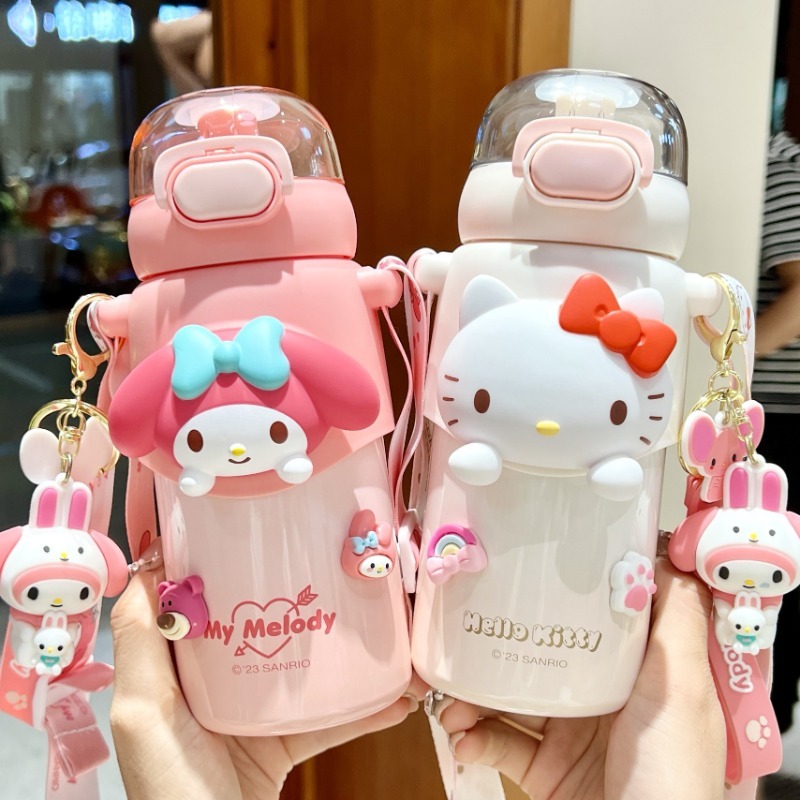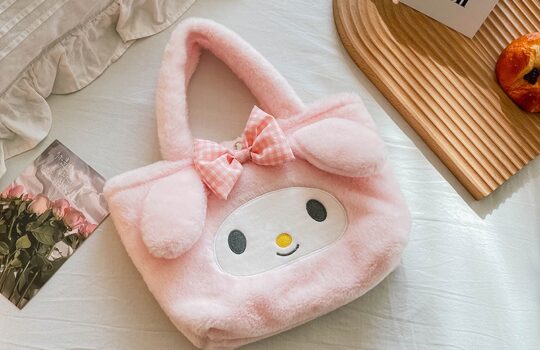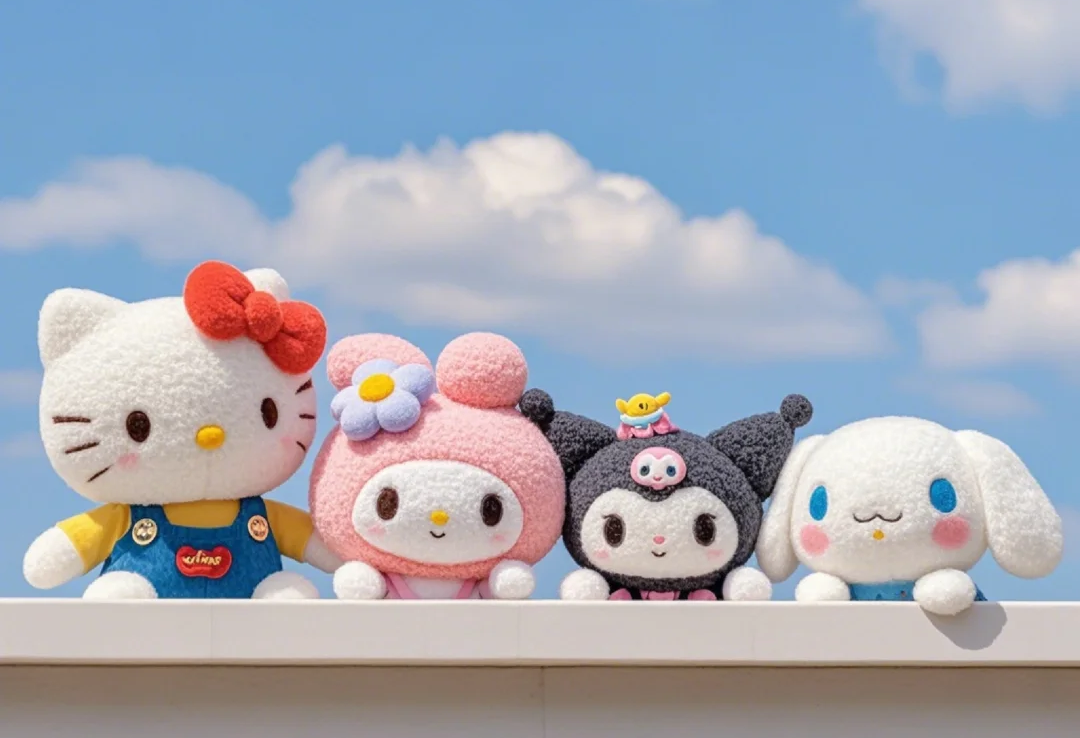In our daily life, water cups are indispensable items. Choosing a suitable water cup can not only improve the comfort of drinking water, but also affect the quality of drinking water. There are many materials of water cups available on the market, and each material has different characteristics, advantages and disadvantages, and applicable scenarios. This article will discuss the characteristics of different water cup materials in detail to help you make a more informed choice.
- Stainless steel water cups
- Durable
Stainless steel water cups are popular in the market for their durability. They are not easy to break, and are not easy to deform even when used in extreme environments. In addition, the corrosion resistance of stainless steel enables it to be used for a long time without rusting, which is suitable for daily drinking water or outdoor activities.
- Insulation and cooling effect
Stainless steel water cups often adopt a double-layer vacuum design, which has good insulation and cooling effects. Whether it is hot or cold drinks, it can maintain a certain temperature, which is suitable for drinking needs in different seasons.
- Clean and convenient
The surface of the stainless steel water cup is smooth, which is easier to clean and not easy to breed bacteria. However, when choosing, you should pay attention to choosing food-grade stainless steel to ensure safety.
- Lack of personalized design
Although stainless steel water cups are practical, their appearance is mostly simple and lacks personalized design, which may not be attractive enough for consumers who like personalized products. - Glass water cups
- Health and safety
Glass water cups are favored by consumers for their most natural materials. They can avoid the release of chemicals and have no odor. They are suitable for holding hot and cold drinks. Its transparent material also allows the color of the beverage to be displayed, which is more visually beautiful. - Good cleanability
Glass water cups are not easy to absorb odors and dirt, and will not leave any smell after cleaning, which has high hygiene. At the same time, glass has strong heat resistance and can adapt to various temperatures. - Fragility
Compared with stainless steel water cups, glass water cups are more fragile and easy to break when falling. Therefore, you need to be extra careful when using them when there are children or active pets in the family. - Not suitable for outdoor use
Because of their fragility, glass water cups are more suitable for indoor use, but not for outdoor activities such as mountaineering and camping. - Ceramic water cups
- Strong artistic sense
Ceramic water cups usually have rich patterns and colors, elegant appearance, can add an artistic atmosphere to drinking water, suitable for use at home or in the office. - Insulation effect
Ceramic water cups can better maintain the temperature of drinks, but the insulation effect is slightly inferior to stainless steel, suitable for warm or cold drinks. - Healthy and environmentally friendly
Ceramic materials are usually more environmentally friendly, and the surface is smooth, not easy to adhere to dirt, and have good cleanliness. - Heavy and fragile
Ceramic water cups are relatively heavy in weight, not very convenient to carry, and easy to break when falling, so be careful when using them. - Plastic water cups
- Lightweight and durable
Plastic water cups are light and not easy to break, very suitable for daily use and outdoor activities. They are usually low-cost and are the initial choice for most families. - Diverse designs
Plastic water cups have diverse designs, and there are many colors and styles to choose from on the market, which can meet the aesthetic needs of different consumers. - Safety issues
When choosing a plastic water cup, you need to pay attention to its materials, especially the release of harmful substances such as BPA (bisphenol A). It is best to choose products marked as “BPA-free” to ensure safety. - Short service life
Plastic water cups have a relatively short service life. Long-term use is prone to scratches or discoloration, affecting appearance and hygiene.
V. Silicone water cups
- Flexible and easy to carry
Since its soft nature, silicone water cups can be easily put into backpacks after folding or compressing, which is very suitable for travel or outdoor activities. - Not easy to break
Silicone water cups are more resistant to falling and are not easy to break like glass cups, which increases the safety of use. - Material safety
Food-grade silicone does not contain harmful ingredients and is suitable for hot and cold drinks. However, some low-quality silicone plates may contain chemicals, so be careful when choosing. - Inconvenient cleaning
The surface of silicone may leave a smell, and it may take more time to clean. Some products may not be suitable for dishwasher cleaning.
VI. Summary
Choosing the right material for the water cup not only affects the user experience, but also affects health and safety. When choosing, you should choose the right material according to your needs, living habits and usage scenarios. For example, you can choose stainless steel or glass water cups for daily use; plastic or silicone water cups for outdoor activities; ceramic water cups for appreciating the visual beauty of drinks at home.
In short, the choice of water cup is a comprehensive consideration of health, environmental protection and aesthetics. I hope that through the introduction of water cups of different materials, I can help you find the one that suits you best.




